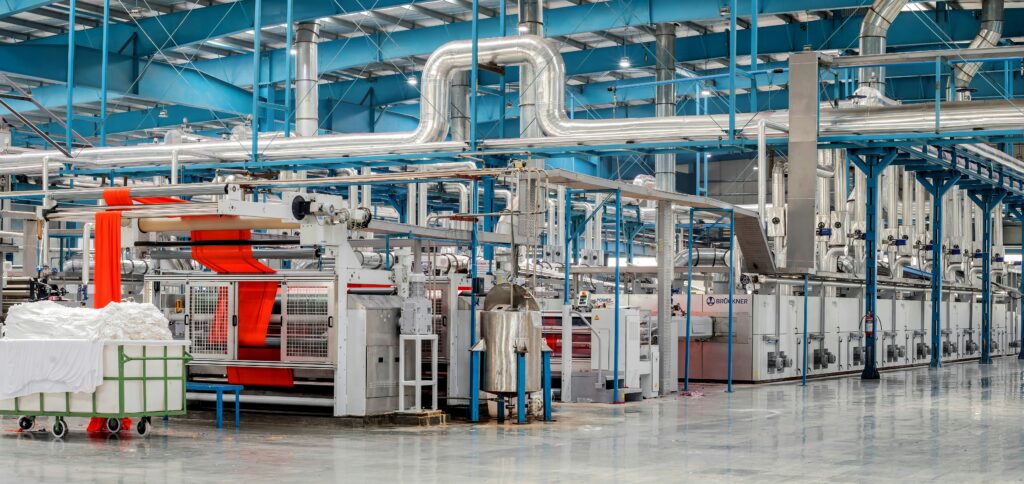For decades, centralized IT departments were the principal driving force behind business transformation initiatives. However, in recent years, business leaders have taken a more active role, seizing control of the reins in propelling their organizations towards the digital era. The shift in leadership focus has brought to the forefront the growing importance of composable ERP solutions.
Businesses typically relied on monolithic ERP systems that acted as the center of gravity for the entire organization. These systems provided a single source of truth for data and streamlined operations. However, the rise of cloud technology and SaaS applications has challenged this notion, with many business leaders favoring a best-of-breed approach to application selection.
What is composable ERP?
Unlike traditional monolithic ERP systems, composable ERP allows businesses to select the best applications for each individual function, and then seamlessly integrate them into a cohesive whole – promoting flexibility and adaptability. This approach enables businesses to stay nimble, with the ability to quickly add or replace applications as business requirements change. It also enables more personalized experiences for employees and customers.
In the past, implementing a composable ERP system was a complex and costly endeavor, often requiring extensive customization and integration efforts. However, modern cloud-based ERP solutions are designed with composability in mind from the ground up, ensuring smooth data flow and process automation. By adopting composable ERP, organizations can adapt more effectively to evolving market conditions, enhancing operational efficiency, customer experiences and overall competitiveness.
Some services offer a suite of cloud-based applications that are built to work together seamlessly, but also provide the flexibility to integrate with other best-of-breed applications as needed. This can enable businesses to easily swap out applications as their needs change, without sacrificing the integrity of their ERP systems.
With the rise of composable ERP, it’s clear that the IT department is no longer the sole driver of digital transformation. Business leaders are taking charge, and they are demanding the flexibility and agility that a composable ERP system can provide. By embracing this approach, businesses can stay ahead of the curve and adapt to changing market conditions with ease.
How to use composable ERP solutions to enhance your distribution
The evolution of business technology and the shift towards composable ERP systems has transformed the way organizations, including distributors, operate in today’s fast-paced digital landscape. To make the most of composable ERP, distributors should start by conducting a thorough analysis of their business needs and pain points, and then researching and selecting the best-of-breed applications that suitably address those specific needs. It’s important for distributors to consider applications that are built with composability in mind, which should allow them to integrate seamlessly with their current technology stack..
Once the business requirements are established, distributors can start the process of selecting the applications tailored to their unique needs. These applications should be chosen with a keen eye on how well they integrate with the existing technology stack. This may involve customization and integration efforts, but modern cloud-based ERP solutions can make this process easier and more cost-effective.
To fully take advantage of composable ERP, distributors need to continuously evaluate their applications and be open to swapping them out as needed. This requires a mindset of agility and flexibility, but it can also provide a competitive advantage by enabling distributors to quickly adapt to changing market conditions. The additional capabilities will also improve work with customer needs and further automate operations.
Composable ERP enables distributors to select and integrate the best applications to create a personalized and versatile technology stack that meets their specific business needs. By taking advantage of composable ERP, distributors can differentiate themselves from competitors and stay ahead of the curve in the ever-evolving world of business technology.
Meet the future head on with composable ERP solutions
Composable ERP solutions have revolutionized the traditional role of IT departments in driving business transformation. With business leaders now at the forefront of digital evolution, composable ERP systems have taken priority. The updated approach is now more accessible and cost-effective thanks to modern cloud-based ERP solutions making it a key asset for businesses to stay competitive in the ever-evolving world of technology.




